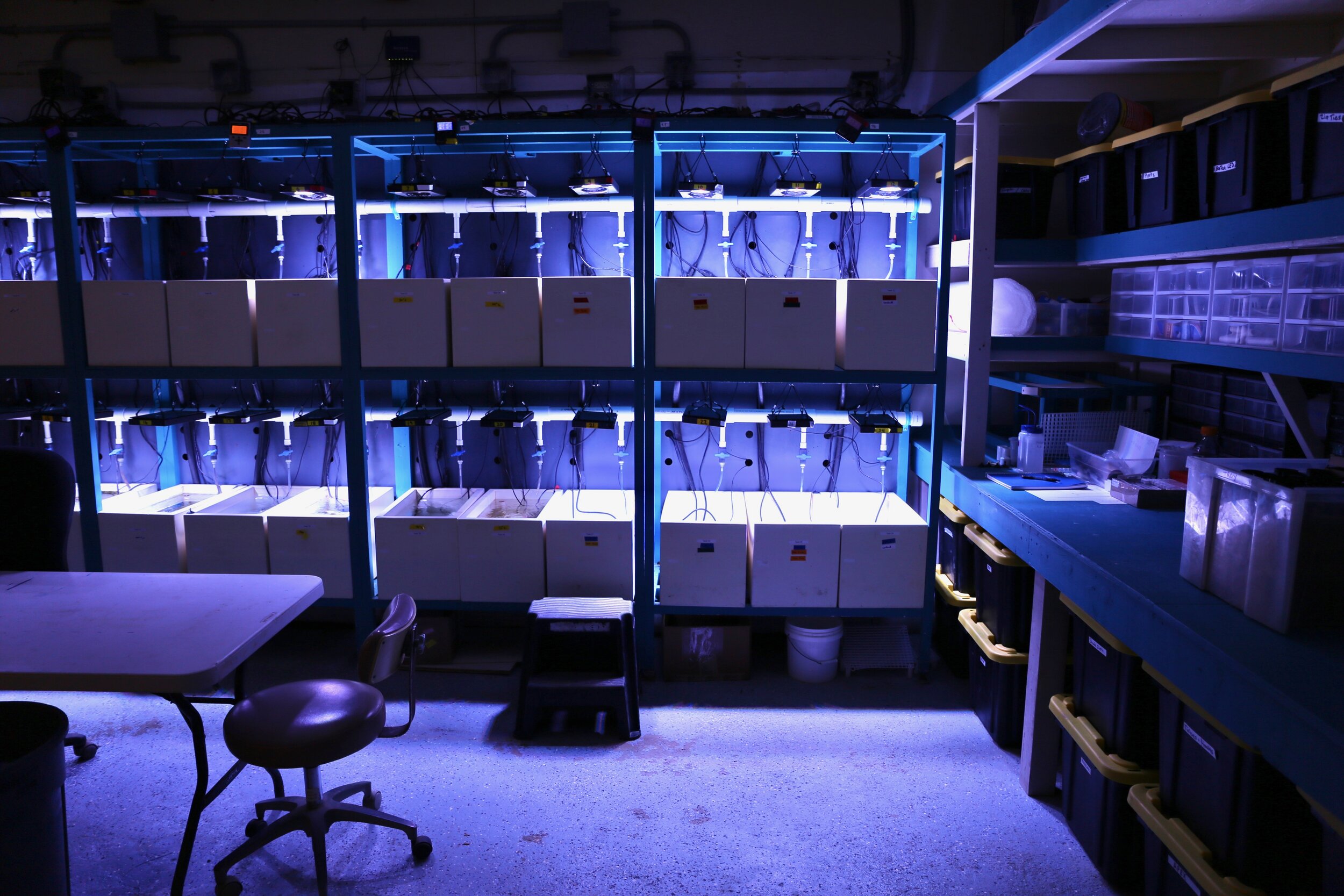Molecular Mechanisms of Thermal Tolerance
Coral thermal tolerance and bleaching response are complex molecular traits. We monitor and analyze corals with naturally improved thermal tolerance via acclimatization and/or adaptation and we examine the mechanisms that influence these traits via forward and reverse genetics and a range of molecular assays. A better understanding of the core cellular and molecular causes and consequences of bleaching is fundamental to any intervention to conserve reefs. Our focus is on developing and using techniques from outside the coral community to move beyond correlation to functional molecular studies of coral bleaching.
Ongoing Projects
Gene knock-down of targets in the bleaching cascade to manipulate phenotypes
Evaluation of antioxidant dynamics in thermally stressed corals through gene expression, protein activity and cellular damage assays
Correlative research on differences between stress tolerance phenotypes and selection during heat stress
Publications
Majerová E, Carey F, Drury C, Gates RD. Preconditioning improves bleaching tolerance in the reef-building coral Pocillopora acuta through modulations in the autophagy pathway. Molecular Ecology (2021). Link.
Majerová E, Drury C. A BI-1 mediated cascade improves redox homeostasis during thermal stress and prevents oxidative damage in a preconditioned reef-building coral. Frontiers in Marine Science (2022). Preprint.
Drury C, Dilworth J, Majerová E, Caruso C, Greer JB. Expression plasticity regulates intraspecific variation in the acclimatization potential of a reef-building coral. Nature Communications (2022). Link.
Tortorelli G, Rosset S, Sullivan CES, Woo S, Johnston EC, Walker NS, Hancock JR, Caruso C, Varela A, Hughes K, Martin C, Quinn RA, Drury C. Heat-induced stress modulates cell surface glycans and membrane lipids of coral symbionts. In Press (2024).
Roach TNF, Drury C, Caruso C, Hancock JR, Martin C, Neubauer K, Matsuda SB, McClinktock R, Santoro EP, van der Geer A, Varela A, Quinn RA. Intergenerational metabolomic signatures of bleaching resistance in corals. In Press (2024).
